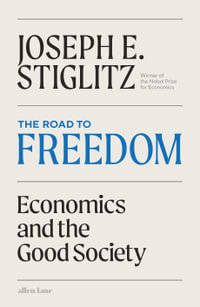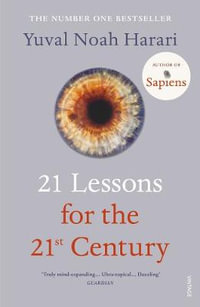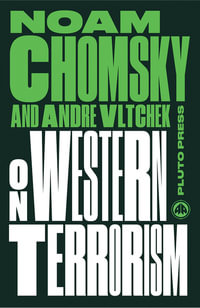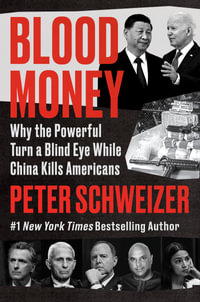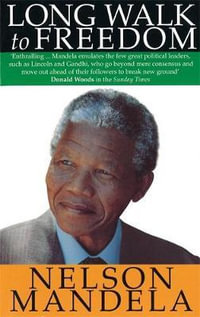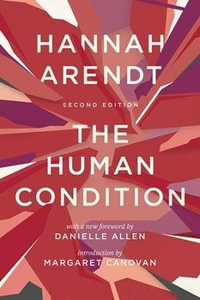This book challenges the dominant approach to problems of justice in global normative theory and offers a radical alternative designed to transform our thinking about what kind of problem injustice is, and how political theorists might do better in understanding and addressing it. Michael Goodhart argues that the dominant paradigm, ideal moral theory (IMT), takes a fundamentally wrong-headed approach to the problem of justice. IMT seeks to work out what an ideally just society would look like, and only then outlines our moral obligations in realizing that ideal. In other words, it ignores the realities of everyday politics.
As Michael Goodhart asserts, IMT postpones engagement with actually existing injustices and distorts our understanding of them, and it normalizes many problematic features of our world. On the other hand, the leading alternatives to IMT struggle to make sense of the role values play in politics. This book sees justice as an ideology and develops an innovative bifocal theoretical framework for making sense of it. This framework provides two complementary perspectives on justice: a theoretical perspective that situates competing ideological claims about justice in a broader political context and a partisan perspective that evaluates the structure and coherence of particular conceptions of justice. As opposed to IMT, it focuses on barriers to justice and advocates an activist political theory that takes sides in political struggles against injustice. Goodhart argues that theorists can help to generate the countervailing power necessary for social transformation through the work of articulation, translation, and mapping, work which contributes to a more comprehensive social science of injustice. Ultimately, this book describes the work that political theory and political theorists can do to combat injustice and illustrates it through a novel reconceptualization of responsibility for injustice.
Industry Reviews
"Any reflection about practice calls for its translation in another practice, not rarely challenging the practice reflected upon. This book will, therefore, appeal to more than just global normative theorists, but inspire all those who have a dynamic interest in the ethos of today's world." -- Wilfried Vanhoutte, Philosophia: International Journal of Philosophy
"...Goodhart is clearly right on target in Injustice: Political Theory for the Real World when he argues in favor of a radical egalitarian practical agenda" -- James P. Sterba, University of Notre Dame, The Review of Politics
"This is an exceptional book. It is smart, fearless, and takes on an important question. Goodhart directly and stridently takes on the dominate ways of framing the problems of global injustice. My hope for the field is that those who work on these questions in a more analytic vein will take up Goodhart's insights and framing."-Brooke Ackerly, author of Just Responsibility
"Injustice is an original and sophisticated contribution to one of the most widely-discussed topics in contemporary politics. Offering a sustained challenge to conventional normative approaches to the subject, Michael Goodhart has written a welcome, provocative, and compelling manifesto for a critical social science of injustice. This is an impressive achievement."-Duncan Bell, University of Cambridge
"Any political theorist who has ever struggled with the futility of her own work must read this book! Michael Goodhart has written a refreshing, clear-headed, and unapologetic book for a generation of political theorists grown weary of analytic hair-splitting and political irrelevance in face of the concrete injustices across the globe. Here, Goodhart rejects the reflective pursuit of spotless principles among practitioners of 'ideal moral theory', as well as
attempts by 'realists' and 'non-idealists' to get more real-and offers an alternative paradigm that is 'bifocal' in its approach and 'emancipatory' in its aims-fusing ideological critique with
substantive normative engagement, to support political opposition to real practices of domination, exploitation and oppression."-Fonna Forman, Director, Center on Global Justice, University of California, San Diego












